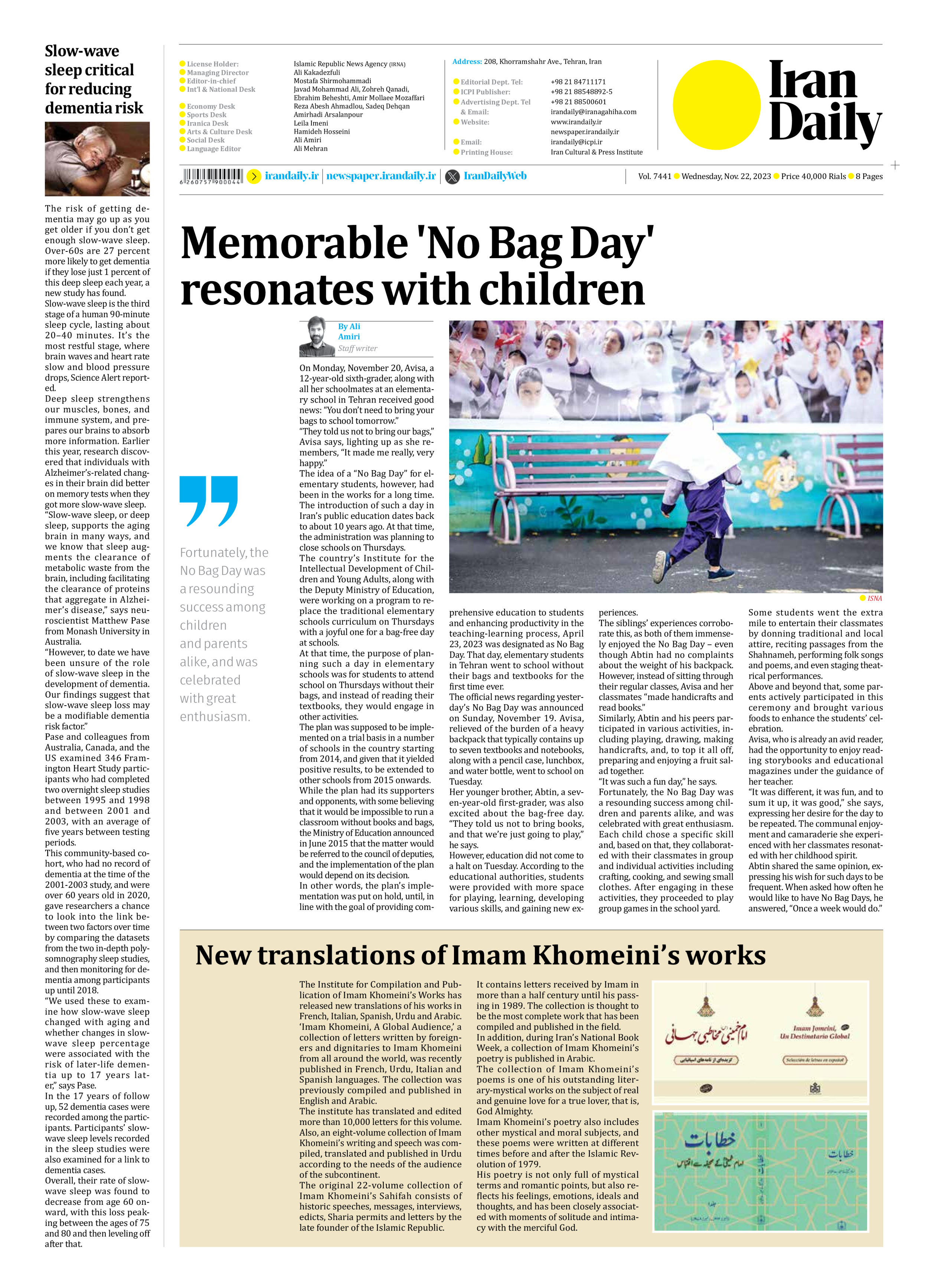
Slow-wave sleep critical for reducing dementia risk
The risk of getting dementia may go up as you get older if you don’t get enough slow-wave sleep. Over-60s are 27 percent more likely to get dementia if they lose just 1 percent of this deep sleep each year, a new study has found.
Slow-wave sleep is the third stage of a human 90-minute sleep cycle, lasting about 20–40 minutes. It’s the most restful stage, where brain waves and heart rate slow and blood pressure drops, Science Alert reported.
Deep sleep strengthens our muscles, bones, and immune system, and prepares our brains to absorb more information. Earlier this year, research discovered that individuals with Alzheimer’s-related changes in their brain did better on memory tests when they got more slow-wave sleep.
“Slow-wave sleep, or deep sleep, supports the aging brain in many ways, and we know that sleep augments the clearance of metabolic waste from the brain, including facilitating the clearance of proteins that aggregate in Alzheimer’s disease,” says neuroscientist Matthew Pase from Monash University in Australia.
“However, to date we have been unsure of the role of slow-wave sleep in the development of dementia. Our findings suggest that slow-wave sleep loss may be a modifiable dementia risk factor.”
Pase and colleagues from Australia, Canada, and the US examined 346 Framington Heart Study participants who had completed two overnight sleep studies between 1995 and 1998 and between 2001 and 2003, with an average of five years between testing periods.
This community-based cohort, who had no record of dementia at the time of the 2001-2003 study, and were over 60 years old in 2020, gave researchers a chance to look into the link between two factors over time by comparing the datasets from the two in-depth polysomnography sleep studies, and then monitoring for dementia among participants up until 2018.
“We used these to examine how slow-wave sleep changed with aging and whether changes in slow-wave sleep percentage were associated with the risk of later-life dementia up to 17 years later,” says Pase.
In the 17 years of follow up, 52 dementia cases were recorded among the participants. Participants’ slow-wave sleep levels recorded in the sleep studies were also examined for a link to dementia cases.
Overall, their rate of slow-wave sleep was found to decrease from age 60 onward, with this loss peaking between the ages of 75 and 80 and then leveling off after that.







